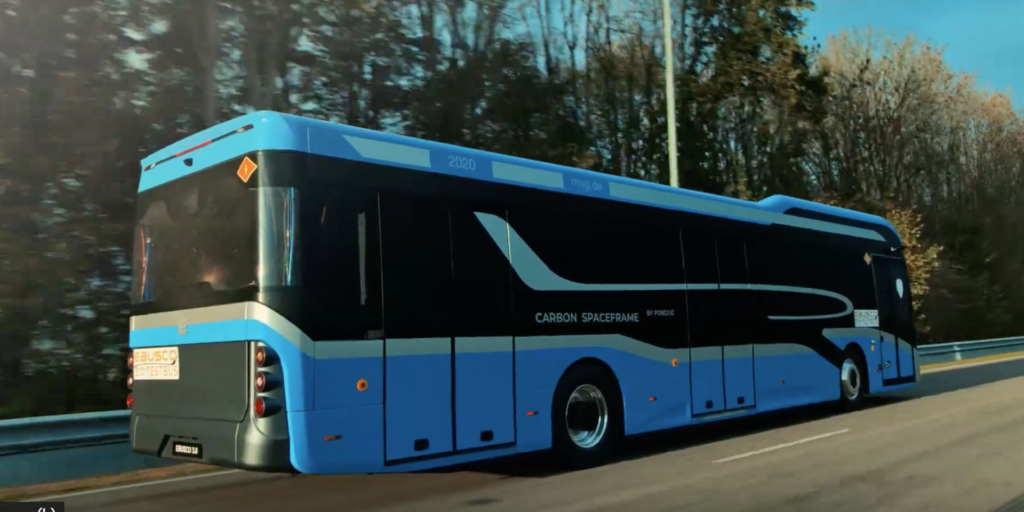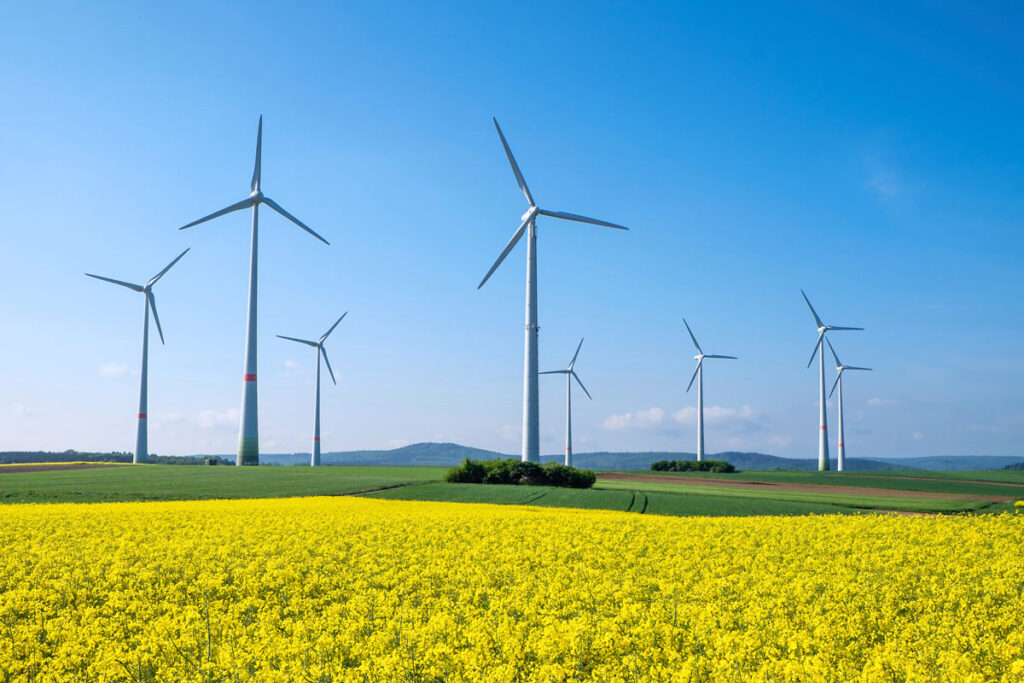Electric Mobility; The African Messiah?

In 2015, the United Nations came up with seventeen (17) Sustainable development Goals (SDGs) to provide solutions to pending poverty, deaths, inequality, climate change and sicknesses in Africa. The SDGs would include :
- No Poverty
- Zero hunger
- Good health and well-being
- Quality education
- Gender equality
- Clean water and sanitation
- Affordable and clean energy
- Decent work and economic growth
- Industry, innovation, and infrastructure
- Reduced inequalities
- Sustainable cities and communities
- Responsible consumption and production
- Climate action
- Life below water
- Life on land
- Peace, justice and strong institutions
- Partnership
Each of the goals had its role to play in alleviating poverty and creating healthier societies across the continent which is the sole purpose of coming up with the goals in the first place.

Recently many startups across the continent have been ridding on some SDGs to push their innovation. this could be seen as a marketing strategy while some do have genuine intentions to create a better continent. Most tech startups can find a way to link their ideas to the SDGs. Fintech can claim “No Poverty”, Edtech with “Quality education”, Healthtech “With good health and well-being”, and heck, female-founded and focused startups will push the “Gender equality goal”. Yet one of the innovations that seem to be screaming SDGs without the need to explain its agenda is the E-mobility niche.
E-Mobility
Over the years, there has been a trend of mobility startups launching vehicles powered/charged by electricity as opposed to the use of fuel. These startups are electrically running all the moving objects, and it might just be crazy. From e-motor, e-buses, and e-bicycles, to e-scooters, if it is moving, just add the ‘e’ cause these founders already have it powered by electricity.
Without exaggeration, African founders have been busy launching e-vehicles in different parts of the continent. Some founders are not limiting these vehicles to private use only.

To create a circulation of e-vehicles in society, founders have come up with different ways to make them accessible, likewise affordable. These ways have cut across the board, from electric mass transit busses to e-taxis and e-motorbikes for public transportation.
Several partnerships have occurred to make accessibility possible, some of which include partnering with asset financers or providing instalment payment plans for users, both for public and private use.
The Need For E-mobility
In 2019, a finding revealed that about a 1.1million deaths linked to air pollution were recorded in Africa, 383, 000 of which were traced to ambient air pollution (air pollution which occurs outside home use). It is also important to note that different African countries battle air pollution differently.
In Cairo Eygpt, the quality of air is rated to be between 10 to 100 times polluted, this is as of October 2022, the lack of rain, use of transportation and the lack of proper solid waste management are the leading causes of this situation.

In 2018, Lagos state Nigeria recorded a loss of about $2.1billion and a death record of 11,200 people to ambient air pollution. The death record that year was the highest in West Africa. The major cause of ambient air pollution was transportation, waste burning and wood burning.
The Global Air report of 2020 reported that Kenya recorded premature deaths of 5,000 people only in 2019, which were caused by ambient air pollution.
These are major cities in Africa, recording a significant loss of lives and funds due to air pollution. The majority of the reports revealed that Africa needed a “green” intervention. The continent is calling for renewable energy, and an energy system that sustains the community, this is where electric mobility comes in.
E-mobility The Superhero.
As previously mentioned, several startups have been coming up with innovations and ways to inculcate electric mobility into African societies.
Taking a break from the usual reports of funds raised by these startups, it is important to give an in-depth look into their activities, how they are impacting change across the continent and if they are the “Superhero” Africa needs.
The Messiah

The major reason electric mobility stands out is because of its distinctive character of being powered by electricity. Be it e-buses, e-bikes, or e-bicycles ” the common feature of all of them is that they are fully or partly driven electrically, have a means of storing energy on board, and obtain their energy mainly from the power grid.”
This invention produces almost zero sound, it is featured to be eco-friendly and encourages renewable energy, it is therefore in line with the SDGs of “Sustainable Communities, and Climate change.’
Unlike fuel-run mobility, e-vehicles do not produce carbon and likewise, reduce air pollution a prominent tool for significant deaths across the continent. To “Go Green” various e-mobility startups across the continent have launched operations as both private and public means of transportation.
As of March 2021, East Africa, Kenya was recorded to have the most e-mobility activity across the continent. The likes of South Africa, Nigeria, Uganda, Egypt, and Algeria are following in Kenya’s footsteps with the hope that its adoption will reduce the release of carbon into the atmosphere, preserving lives and properties.
The Question
The adoption of electric mobility is a step in the right direction for the continent, yet the setback could be the ability to renew energy for the sole purpose of charging e-vehicles.

Being a continent on its path to development, it is valuable information to recognize that there are still some countries across the continent that have not been able to put a proper system in place that encourages renewable energy such as Solar energy, Bioenergy, Hydropower, etc.
In a bid to move forward in development, it is important to secure access to renewable energy which will fully support each nation’s decision to go Green, avoiding the use of fuel power energy providers(generators), therefore, reducing ambient air pollution.
Yet we ask, despite the significant loss of lives and valuables to air pollution, is Africa willing to put in the work to let tech give the continent a better narrative?
